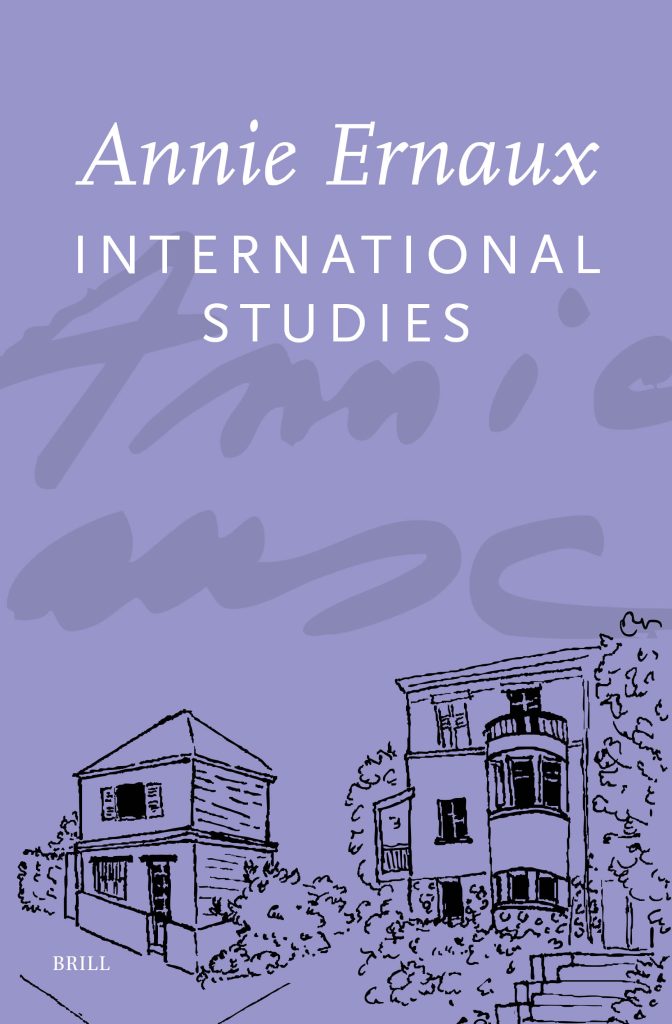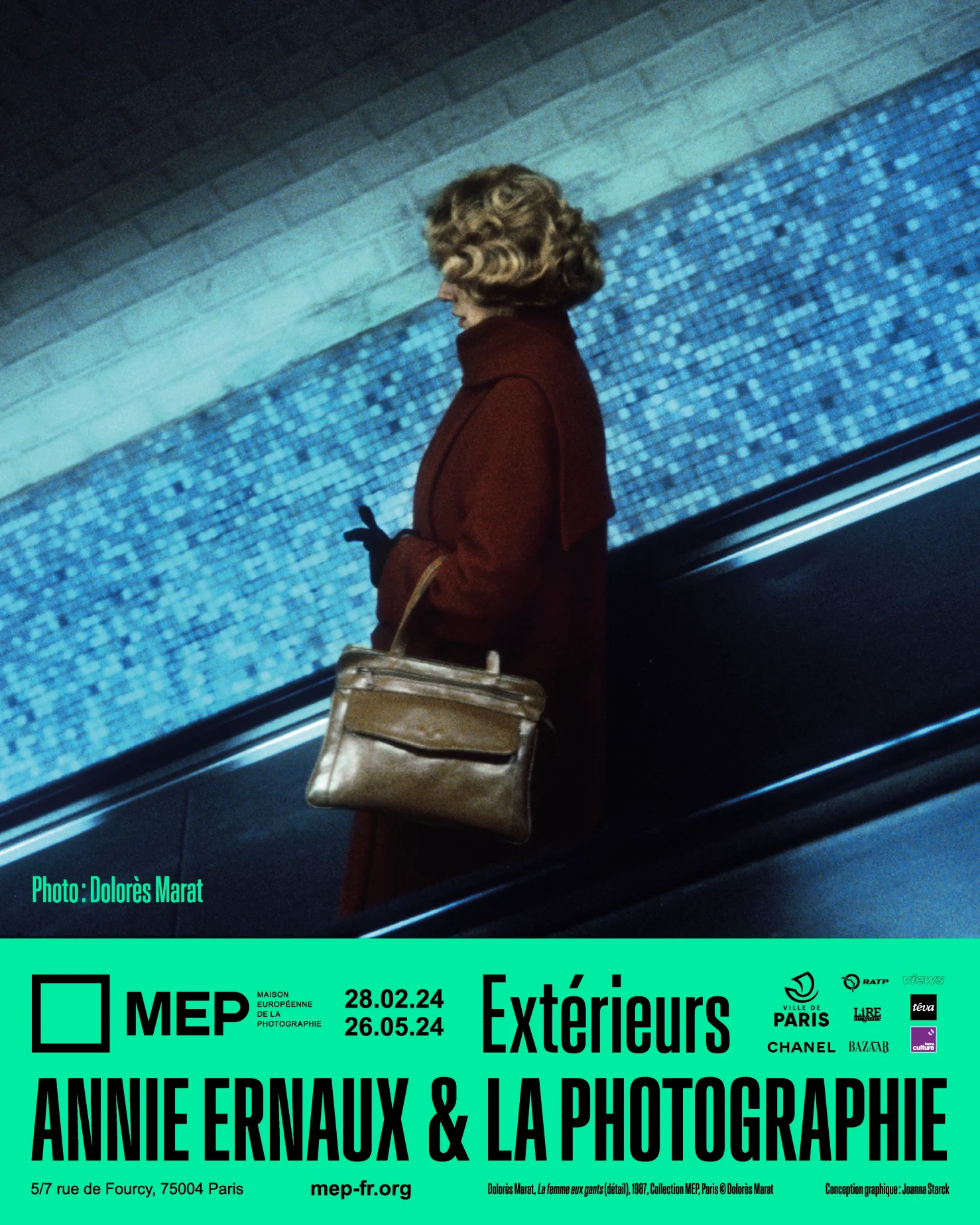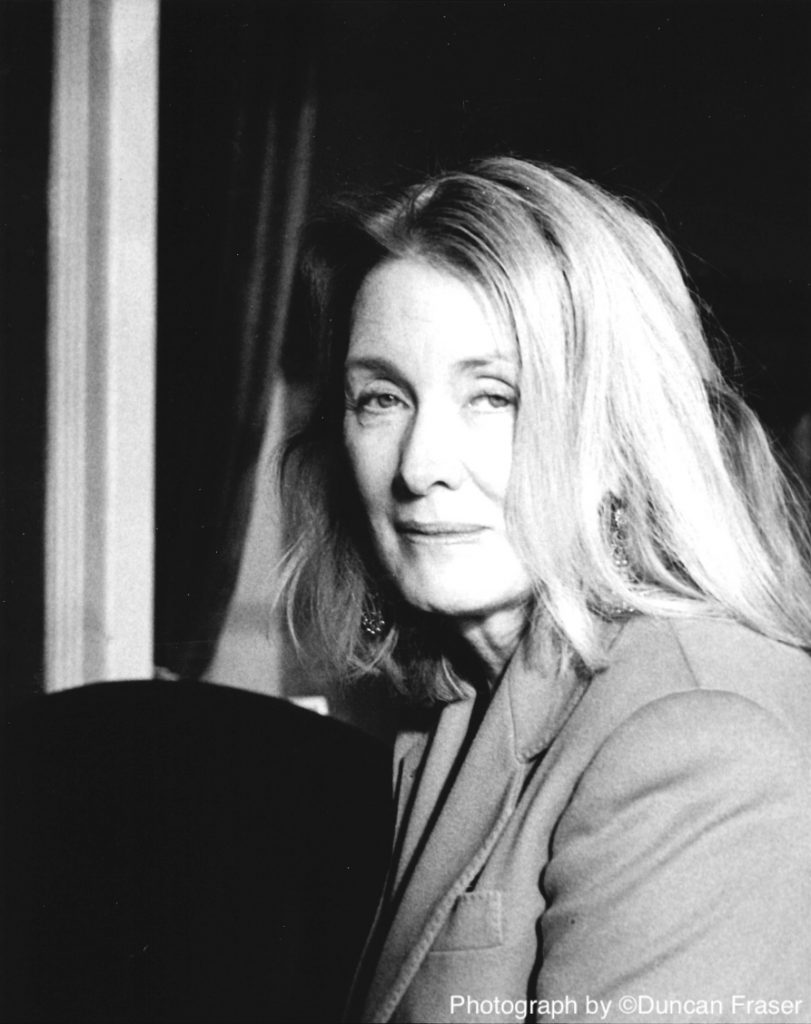Call for articles in the bilingual (English-French) volume of Chiasma (Brill)
Annie Ernaux Beyond Words: Images and Scenes
Michèle Bacholle, Eastern Connecticut State University, USA
Jacqueline Dougherty, University of Pennsylvania, USA
Since the publication of Les Armoires vides in 1974, Annie Ernaux has consistently and fearlessly tested the boundaries of traditional literary paradigms in both form and content. With La Place (1983), not only did she abandon the novel and adopt her signature “écriture plate” (24), preferring it to a highly stylized mode of expression, she also implemented for the first time the evocation of photographs, a series of “prose pictures” for which she provided the ekphrasis. In Une femme (1986), she expressed the wish to remain “au-dessous de la littérature” (23) and proceeded to produce writing that most academics have agreed to refer to as “auto-socio-biographical” in nature. Since then, photographs (and films) have increasingly appeared in her work, sometimes spurring the narration (such as the visual photographs in L’Usage de la photo and the prose photographs and films in Les Années).
Beside this “phototextual” development in her work, we must also note her deployment of a photographic and cinematic lexicon and techniques as perhaps the most persistent subversion of convention. As early as her first three works, the author implements flashbacks and the use of textual scissions that produce an effect mimicking cinematic fades. Long before the oft-cited incipit of Les Années, “Toutes les images disparaîtront” (11), La Femme gelée (1981) had already revealed the terms images, scène, cinéma and film as surrogates for souvenir and mémoire. Memory—specifically, how Ernaux uses, exposes, interrogates, and records it—is one of the reasons why the Nobel Prize in Literature Committee decided to give her the highest award a writer can receive, i.e., “for the courage and clinical acuity with which she uncovers the roots, estrangements and collective restraints of personal memory.”
Even before Ernaux became the first and only French woman to receive the Nobel Prize in Literature, she had already begun to amass ever-increasing worldwide visibility and readers in academic circles and the general public alike. Her work had started inspiring visual and performance artists—let us mention Blanche Şerban’s The Abortionist’s Studio, the rendition of Ernaux’s ekphrasis of a non-existent abortion painting in L’Événement—, leading to stage readings (Marianne Balser’s L’Événement at the Théâtre de l’Atelier, 2024), theatrical adaptations (L’Occupation at the Théâtre Princesse Grace in 2019, Les Années at the Théâtre de la maison du peuple in 2020, De Jaren at the Het Nationale Theater in 2022, Happening at the Berliner Ensemble, Mémoire de fille at the Comédie Française in 2023, The Years at the Almeida Theatre in 2024) and filmic adaptations (L’Occupation as L’Autre by Pierre Trividic in 2008, Passion simple by Danielle Arbid in 2020 and L’Événement by Audrey Diwan in 2021). We also wish to emphasize additional proof of the inspiring nature of Ernaux’s work, as well as its transpersonal and transcultural reach by calling to mind two recent, but quite different endeavors: Nadège Fagoo’s 2023 publication of L’Autre fille, a book where Ernaux’s original text is illustrated, supported, yet also disrupted by Fagoo’s photographs, and the January-May 2024 exhibit, “Extérieurs—Annie Ernaux et la photographie” at the Paris Maison Européenne de la Photographie, where commissioner Lou Stoppard used photographs from the MEP collection to “converse” with Ernaux’s Journal du dehors (translated as Exteriors in English, hence the exhibit’s title).
This edited book welcomes articles on these two (and similar) ventures but also aims to expand the field of “phototextuality” and delve into other productions of images, especially film and theater, including documentaries like Michelle Porte’s 2013 Les Mots comme des pierres and Annie Ernaux and David Ernaux-Briot’s 2022 Les Années super 8, a mother-son co-production. How and to what end have film and stage directors transformed Ernaux’s texts into images? What are the stakes of ekphrastic intermediality in Ernaux’s works? We invite innovative contributions examining, in France but also elsewhere, the rendition of Ernaux’s texts into images and scenes and interrogating how/why she inspires others. Contributions from non-academics (for example dramaturgs, script writers, set designers, costume and fashion designers, etc.) and from outside France are most welcome. Articles in English or French.
Potential areas of inquiry include, but are not limited to the following:
Cinematic adaptations (L’Autre/L’Occupation, Passion simple, L’Événement)
Theatrical adaptations of Annie Ernaux’s works
The documentaries, Les Mots comme des pierres and Les Années super 8
Co-creations
Images of alterity
Intermediality, ekphrasis
Intertextuality, intersemiotics
Literary and “photo-literary” transgression/subversion
“Photographic” memory, material and immaterial memory
Spatial representations (urban, rural, private, public)
The body (in words vs images/scenes)
Language:
Articles will be in English or French. Quotes from other languages will be translated in either.
Abstracts:
Please submit 250-300-word abstracts and a short bio-bibliography to Michèle Bacholle (bachollem@easternct.edu) and Jacqueline Dougherty (jdough@sas.upenn.edu). Abstracts should be written in French or in English and are due by August 31, 2024. Articles should not exceed 6,000 words in length, including notes and works cited.
Proposed Publication Schedule:
August 31, 2024: Submit 250-300-word abstract and a short bio-bibliography to both editors
September 15, 2024: Decision from editors
December 31, 2024: Submit completed article
March 31, 2025 (tentative date): Feedback and revision requests from Chiasma editors
August 31, 2025: Projected publication date



